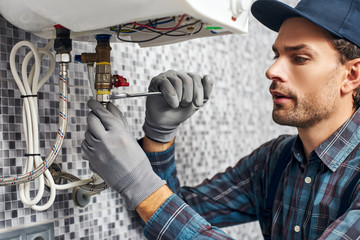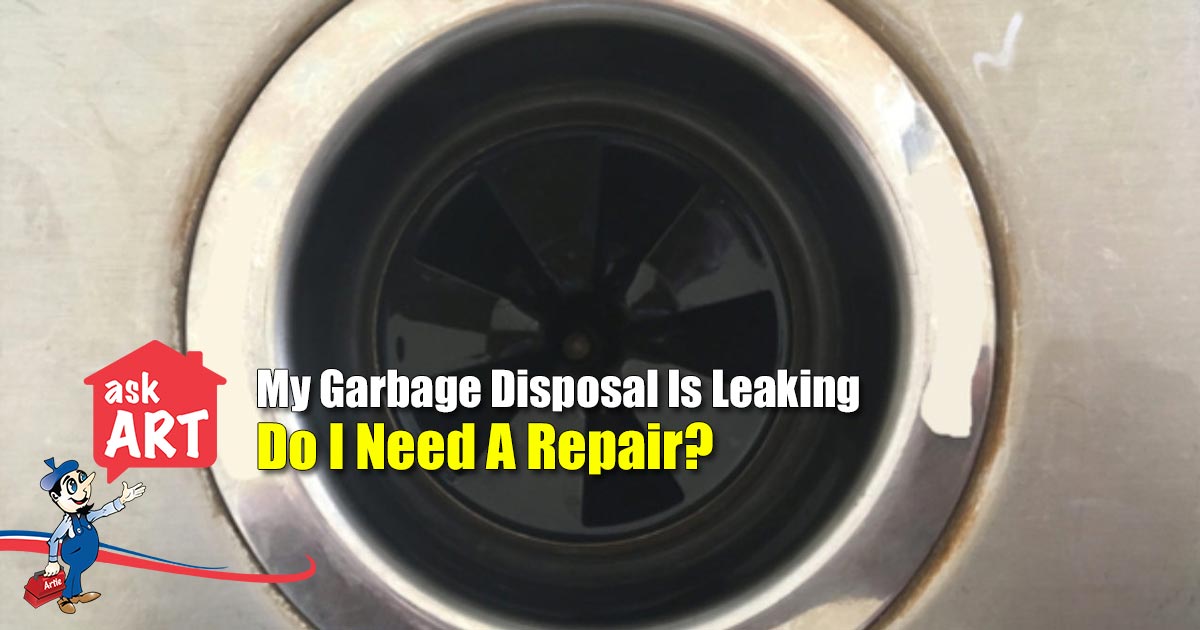Plumbers are experts in maintaining and installing sewage and drainage systems and potable water systems. If you have a leaking pipe or a clogged drain, a plumber is someone to call. Plumbing can help you make your home or office run more efficiently. However, you should know several important things before hiring a plumber.

Plumbing careers can be extremely rewarding but require a certain amount of hard work. First, plumbers need excellent communication skills, good physical strength, and flexibility. They must also understand the project’s goals and strongly understand local plumbing codes. Plumbing careers also require strong analytical and problem-solving skills. They may also be required to manage projects, keep track of expenses, plan project calendars, and prepare reports.
Plumbers work in various settings, including factories, businesses, and homes. They are responsible for installing the pipes inside a building that transport water, waste, and natural gas. They also install and repair plumbing systems, including water heaters, sinks, and toilets. In addition to plumbing systems, plumbers work on storm water and sewer drainage systems.
Plumbing technicians perform a variety of tasks, including installing pipes and fittings, troubleshooting malfunctioning pipe systems, and repairing worn parts. They must also be able to communicate well with a diverse range of people, including managers, homeowners, and business owners. Although formal education is not necessary for most plumbing positions, some companies prefer candidates with an education beyond the secondary level. Regardless of their level of education, they should have a basic understanding of math and science to work efficiently.
Plumbing apprenticeship programs are the most popular way to learn the skills necessary to work as a plumber. Local unions and companies often sponsor them. These programs last four to five years and require a combination of educational hours and hands-on training. Once a plumber has passed the certification exam, they can work worldwide.
Plumbing professionals work in residential and commercial buildings. Some are self-employed, while others work for a small business. Some plumbers are licensed commercial plumbers, which means they have a higher level of responsibility. Commercial plumbers work with large public systems, such as sewers and water systems. They are also responsible for installing and maintaining large buildings and commercial structures.
In addition to plumbing tools, plumbers often use plumber’s putty to seal plumbing joints. Unlike caulk, plumber’s putty is flexible and does not harden, shrink, or crumble when applied. Moreover, it is easy to use and store. They can purchase plumber’s putty at any hardware store.
In terms of pay, plumbers make an average salary of $59,880 per year. Starting salaries are $36,700 and can go up to $99,920. The salary can vary depending on the experience and location. The job description varies according to the type of work performed. Plumbers often have to work in cold, wet conditions, and in high-crime areas.
GCSEs in maths and English are prerequisites for those interested in plumbing. You should also have good practical skills. Some employers also provide training for their employees. Experience in building services and heating and ventilation engineering are also helpful. Having work experience is essential to getting hired in the construction industry. It can be obtained at school or with a family member.
Plumbing contractors specialize in new construction, remodels, and renovations. They may work for plumbing companies, or independently. There are many small plumbing companies in your area, and many of them are owned by plumbers. However, they may not have the depth of knowledge and experience necessary to handle your more complex plumbing needs. You’ll want to hire a plumbing contractor if you need advanced plumbing.
If you suspect your pipes are clogged, call a plumber immediately to ensure proper drainage. Clogged pipes can result in high water bills, and a plumber will clean out the plugs and fix the problem. Before calling a plumber, you should also check your pipes for signs of wear and tear. The signs of a leaky pipe include dampness, mold, and an ever-running water meter.


 There are several ways to get rid of a clog in slop sinks and garbage disposals. Using your hands to push garbage through the disposal can make the clog worse. It can cause water to come back up because of a piece getting stuck in the drainage pipe. To fix the clog, you can use a set of pliers or tongs to pull out the loose gunk. Another option is to call
There are several ways to get rid of a clog in slop sinks and garbage disposals. Using your hands to push garbage through the disposal can make the clog worse. It can cause water to come back up because of a piece getting stuck in the drainage pipe. To fix the clog, you can use a set of pliers or tongs to pull out the loose gunk. Another option is to call